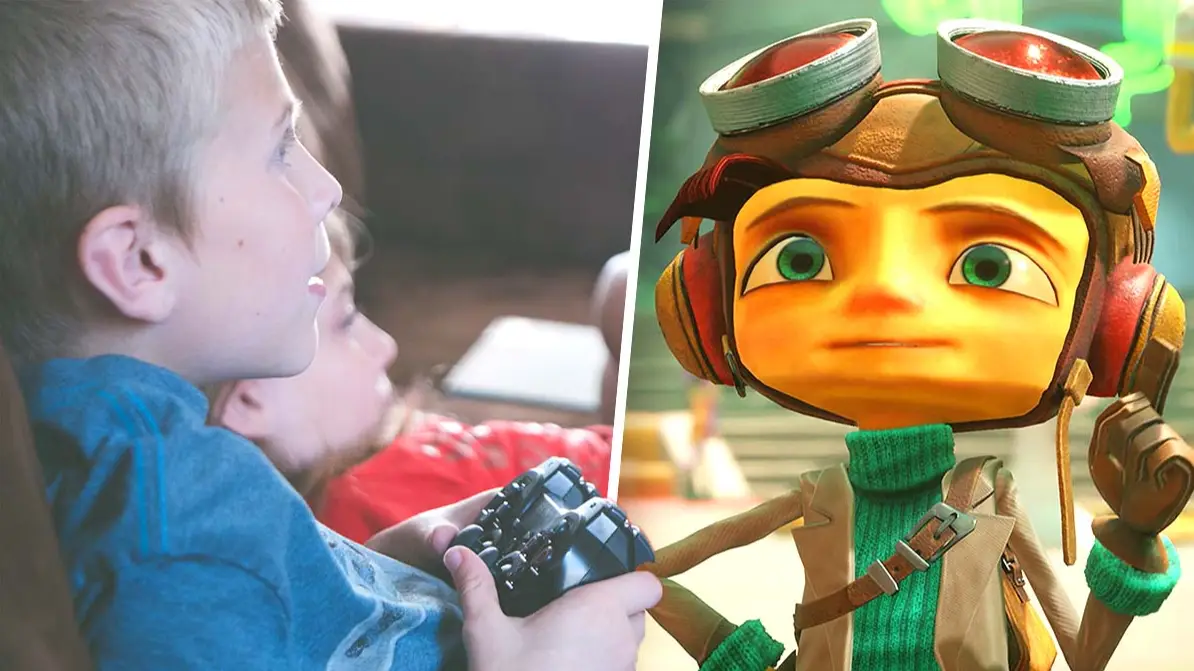
How many times have we heard over the years that gaming rots our brains? Namely from people who don’t play video games, mind you - it’s one of those horror stories that seems to do the rounds every now and then, generally when people feel like blaming something random for wider issues in society.
That’s despite a whole load of evidence pointing to the complete opposite conclusion, of course. A number of studies have previously found that gaming can improve players’ mental health, not to mention the stories shared from players themselves who’ve personally found the same positive effects. Now, as reported by Metro, yet another new study has found that kids who spend more time gaming are more likely to be smarter when they get older.
Gaming unfortunately doesn't help you hone any psychic powers, though, but you can always live vicariously through Raz in Psychonauts 2 - check out the trailer below.
Advert
The study itself was huge - 9000 boys and girls in the US (aged nine to 10) were given psychological tests to calculate their mental abilities, with 5000 of them asked to take the same tests again two years on. Parents (as well as the children themselves) were asked how much time the kids spend gaming, watching TV, and spending time on social media, and it was found that those who spent more time playing video games had increased their IQ scores by roughly 2.5 points more than average. Watching TV and spending time on social media didn’t appear to have any impact at all on IQ scores, positively or negatively.
“We didn’t examine the effects of screen behaviour on physical activity, sleep, wellbeing or school performance, so we can’t say anything about that,” said the author, Professor Torkel Klingberg. “But our results support the claim that screen time generally doesn’t impair children’s cognitive abilities, and that playing video games can actually help boost intelligence.
“This is consistent with several experimental studies of video game playing. We’ll now be studying the effects of other environmental factors and how the cognitive effects relate to childhood brain development.”
Pretty cool, right? Now you can safely say that all the time you supposedly “wasted” gaming as a kid was very productive, actually.
Topics: Real Life